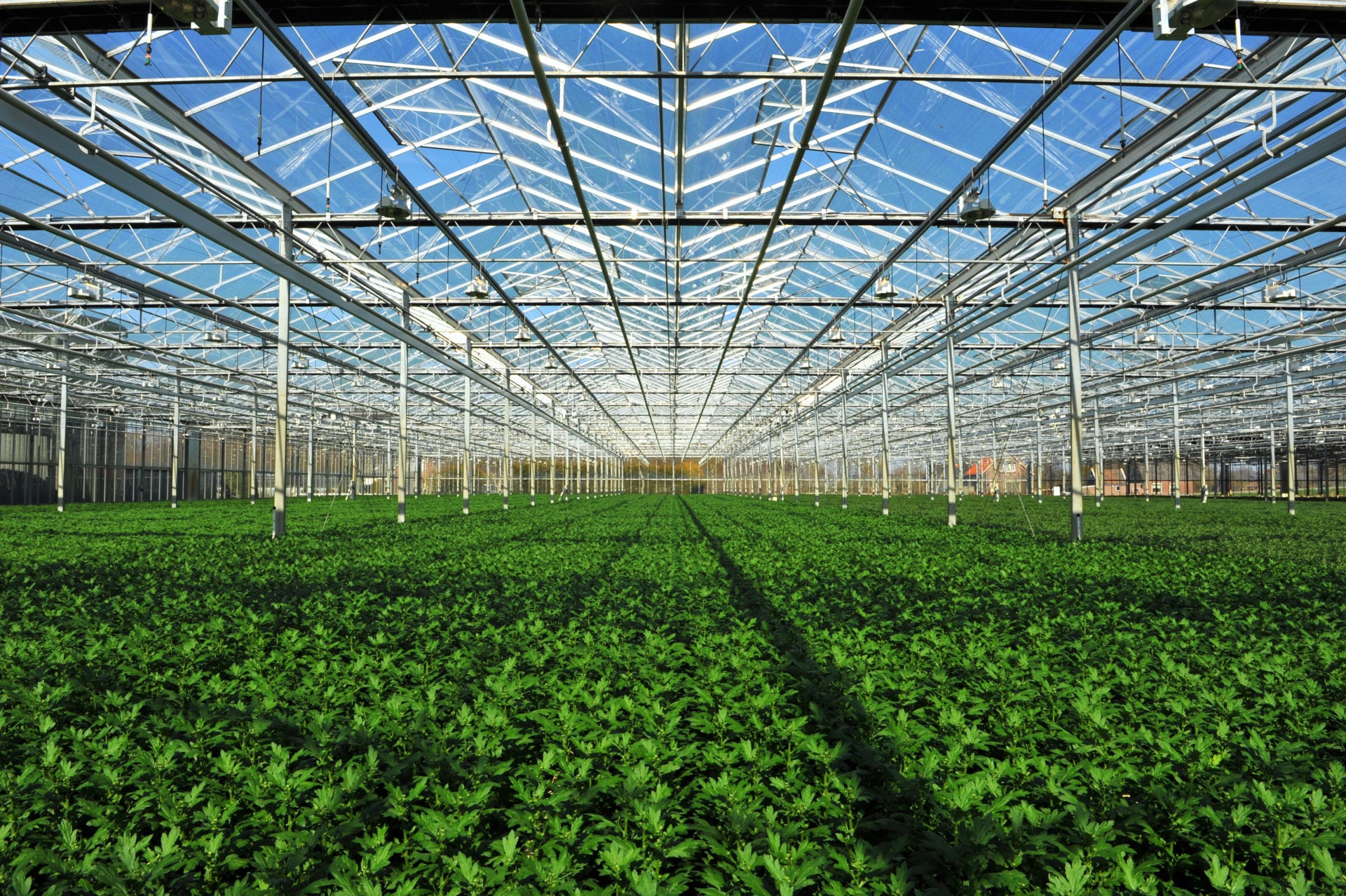
COP 24, the UN’s framework convention on climate change, takes place in Poland next week. The convention will bring together representatives from around 200 countries with the goal of putting together a plan of action for the implementation of the 2015 Paris agreement.
Ahead of the convention, a report issued by 130 national academies has warned that urgent widespread efforts to rethink the global food industry are needed to mitigate the impact of climate change.
By now, the impact of the meat industry on the environment is well-documented, with a recent study published in the journal Science advising that avoiding meat is the single best way to lower your individual environmental impact.
However the report, the product of the InterAcademy Partnership, urges that drastic changes to the global food industry as a whole are needed to meet the UN climate change targets of keeping the global temperature increase less than 2°C.
Professor Joachim von Braun, co-chair of the IAP project on food and nutrition security and agriculture, president of the Pontifical Academy of Science, and director of the Center for Development Research (ZEF) at the University of Bonn explains why this is so vital:
“Next week at COP24, we need to see leaders take action on climate change and go beyond political statements. It is not only the environment that is at stake, but health, nutrition, trade, jobs and the economy. Agriculture and consumer choices are major factors driving disastrous climate change. We need a robust and ambitious policy response to address the climate impacts of agriculture and consumer choices – and scientists have a major role to play. Our new report is a wake-up call to leaders”
How well do you really know your competitors?
Access the most comprehensive Company Profiles on the market, powered by GlobalData. Save hours of research. Gain competitive edge.
 Company Profile – free sample
Company Profile – free sampleThank you!
Your download email will arrive shortly
Not ready to buy yet? Download a free sample
We are confident about the unique quality of our Company Profiles. However, we want you to make the most beneficial decision for your business, so we offer a free sample that you can download by submitting the below form
By GlobalData
Agriculture, forestry and land-use change alone makes up around 20 to 25% of global annual emissions, not including food transport, meaning the environmental impact of the global food system is significant. The report warns that limiting agriculture’s greenhouse gas emissions alone will not be enough to address food systems’ impact on climate change, and instead leaders should look to science to drive innovation and inform policy.
The issue of nutrition
As well as the issue of climate change, the report also found that the global food system is failing to deliver basic nutrition to many people. Although food consumption continues to rise in the developed world, the UN Food and Agriculture Organization found that the number of undernourished people increased between 2016 and 2017.
Many more people suffer from micronutrient deficiency and from the disorders associated with being overweight or obese as high-calorie diets have become cheaper.
The food security status has worsened in particular in parts of Africa, South-East Asia and Western Asia, most notably in situations of conflict and in combination with droughts or floods.
What kinds of changes need to be made to the global food industry?
It is clear that changes to the global food industry must be made to ensure global access to nutritious, affordable and environmentally sustainable food. Climate-smart food systems may be one way to do this.
It is important that more is done to incentivise people to improve their diets from both a public health and environmental perspective. The report recommends that policymakers help consumers understand the environmental implications of food choices and food waste.
Balancing a need to improve access to nutritionally balanced food, whilst acknowledging the environmental impacts of expanding agricultural production, is one that is not easily solved. As a result, the IAP recommends that more should be done to encourage changes to dietary consumption habits, such as a reduction in meat consumption.
Innovative foods, such as meat–mushroom mixes, lab-grown meat, algae, and insect-based foods, are another way to incorporate foods that are both eco-friendly and nutritionally balanced.
The IAP recommends creating an international advisory panel on food and nutrition security and agriculture, including participation by academies, to implement these chances and strengthen international governance mechanisms related to the global food industry.




